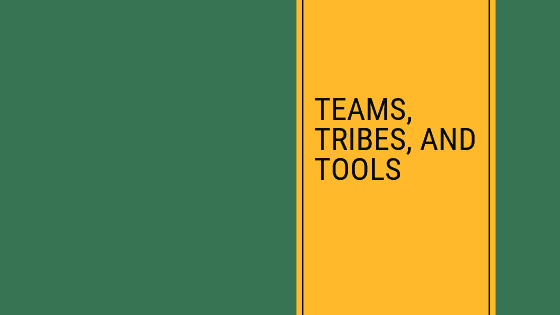Fingerspitzengefühl and Predictability
By Tanner Jones
Fingerspitzengefühl is a German military term that literally means “finger tips feeling”. It is used to describe military commanders who have an intuitive instinct for exactly what is happening during a battle, like where things are, what people are doing, or what the enemy is thinking. It’s in the same family (but not exactly the same) as “sixth sense”, “gut feeling”, “court vision”, or “eyes in the back of his head”.
Non-Military Fingerspitzengefühl
Some non-military examples:
- Moms[1] being able to find missing items that everyone else has unsuccessfully searched for.
- Lebron James somehow being able to find and pass the ball to open teammates, even if they are behind him or out of sight.
Fingerspitzengefühl & Einheit
Entering this state of “Fingerspitzengefühl” is only possible with the application of another German military term, “Einheit”, which means “Unity”. Sometimes others distill ‘Einheit’ to mean ‘brotherhood’ or ‘shared purpose’, but when being used across disciplines, I think “predictability” fits better.
In military terms, this is stated as, “If I, as a commander, ask unit A to accomplish mission B, I can have full confidence (or predictive power) that mission B will happen, because...
- "I know how Unit A behaves during missions, I know their strengths and weaknesses, and…"
- "Knowing what I know, I would only give them a mission that I know they could successfully accomplish, and…”
- “Unit A, knowing that I will only give them an objective that they would be successful in, can move forward confidently to achieve their objective[2]
In other words, part of the ability to sense the unknown, ‘Fingerspitzengefühl’, is dependent on confidence in the ‘known’ - how my unit, teammates, children act, what the physical space of the battlefield, court, or home looks like, or should look like.
Risk Tolerance and Predictability
Being able to take risks, big or small...
- do I send troops here,
- do I make this no look pass,
- do I spend time looking under the couch for shoes, even though my son has told me he’s looked their already
...is dependent on knowing what is stable, and consistent.
- My troops are always successful on this terrain,
- Kyle Korver always hovers around the three point line for an open shot when I drive to the basket,
- my son always sits on that couch, and is terrible at looking for things
Stability and consistency can only be ascertained through deep familiarity (e.g. I’ve known this unit, this teammate, my son for a long time)
And deep familiarity is only valuable if we, over time, discover that those groups are predictable in their actions in the face of conflict or uncertainty.
So, predictability about the known knowns[3] in our situation is critical to the success of navigating the unknown and uncertain.
Non-Military Conflict and Consistency
Former coach John Madden was once asked if he would ever have a player like Terrell Owens, brilliant wide receiver and notoriously toxic and destructive teammate, on his team. Madden's responded, "If you hold the bus for everyone on the team, then you’ll be so late you’ll miss the game, so you can’t do that. The bus must leave on time. However, sometimes you’ll have a player that’s so good that you hold the bus for him, but only him.”
Likewise, a steady marriage can take the edge off of difficult financial or health problems.
A work environment with great coworkers can make an otherwise boring job enjoyable.
Managing a crazy teammate, jerk, or tough situation with an "intuitive sense of what to do" is easier if you have consistency and predictability in the other places of your team, workplace, or life.
Conclusion
Effectiveness within a F.U.D. (Fear, Uncertainty, Doubt) environment isn't just about feeling comfortable within the chaos, it's about finding strong, predictable truths that serve as an anchor for exploring the unknown.
Footnotes.
[1] Or dads. Whatever.
[2] This perspective comes from the book "Certain to Win. Strategy of John Boyd Applied to Business.
[3] "Known knowns" is a term that comes from Donald Rumsfeld, and his application of a Johari Window to defense strategy.






